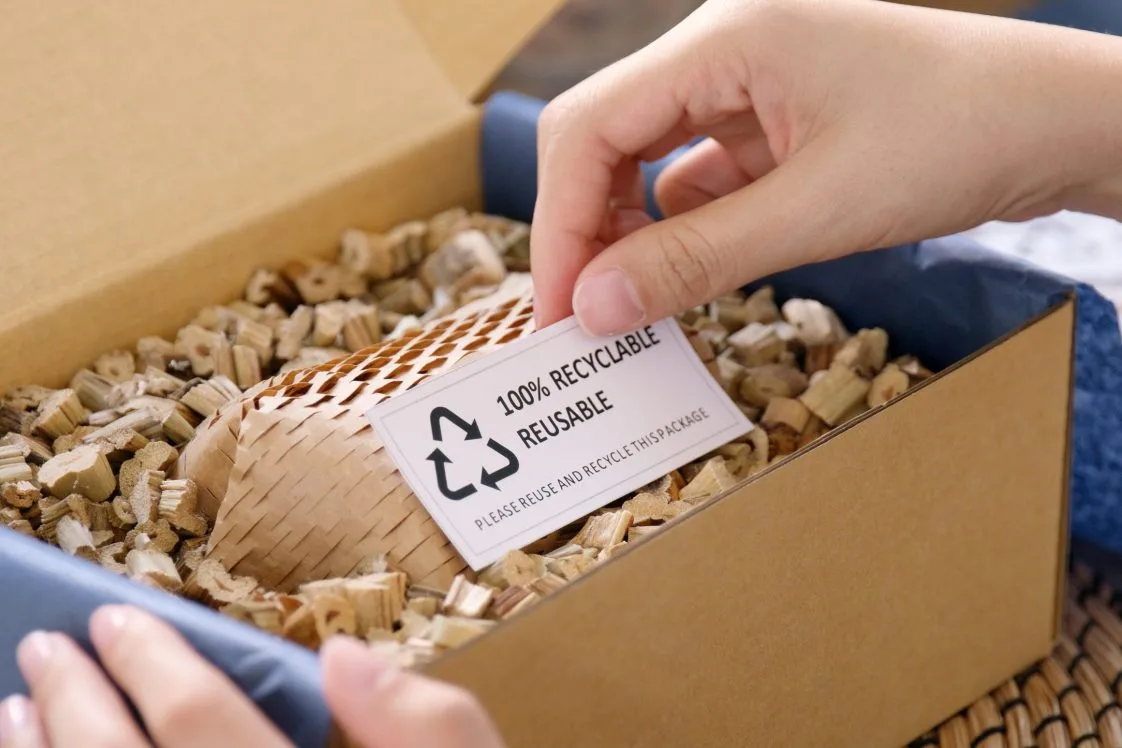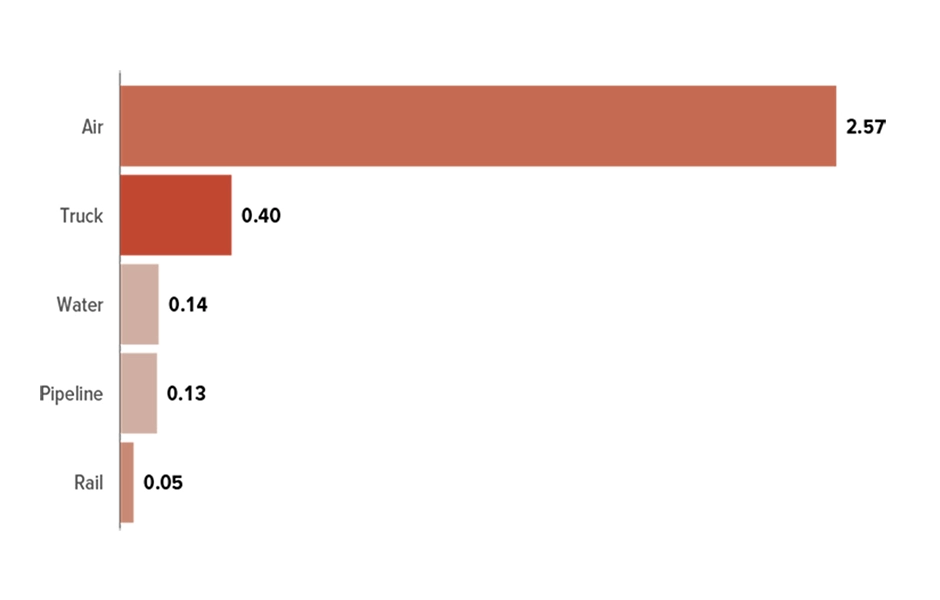Green Fatigue: Can Retailers Really Impact Sustainability?
Given how little direct control retailers have over carbon emissions, can retailers truly impact sustainability?
The retail sector is responsible for 25% of global carbon emissions, with 98% generated in the retail value chain. This means the majority of carbon emissions are created in a complex, global supply chain, which is primarily beyond a retailer’s control. Retailers are the final gatekeeper before the consumer assumes responsibility for a product’s end-of-life. But, given how little direct control retailers have over carbon emissions, can retailers truly impact sustainability?
Consumers, particularly Gen Z and Millennials, take sustainability seriously, with 77% and 72% saying they are willing to pay more for eco-friendly products. But they are also growing more leery of retail’s claims of sustainability practices and more willing to accuse the retail sector of greenwashing — making sustainability practices and results look better than they really are.
This phenomenon is called Green Fatigue. And it’s a worrying sign for retailers that are wrestling with increasingly stringent ESG regulations. People are growing disenchanted by sustainability talk and by not seeing positive results. Right when retailers are striving to improve their efforts, people are losing heart and faith in them.
The question is: what can retailers do to change this?
Replace Products & Processes with Eco-Friendly Versions
Retailers can work to decarbonize by replacing high-emission products and processes with more sustainable ones. Retailers have the power to select the products made available to consumers. This is where sustainability hits the “shelves” and becomes obvious to consumers and employees. It’s also where retailers provide consumers with the ability to make eco-friendly choices, inviting change and facilitating it.
Retailers can also help the brands they sell showcase sustainability efforts by highlighting it in their marketing and promotions.
Use Sustainable Packaging
The second most consumer-obvious place to exhibit change and drive impact is by working with your third-party logistics (3PL) partner to move to sustainable packaging and revamp the pack and kitting process. Recycled packaging is great, but not if a small item is shipped in an oversized box. Right-size packaging is crucial and plays a role not only in reducing waste, but also in reducing transportation emissions since more smaller parcels and bags can be packed into a truck than larger ones. Combining multiple orders into one package also helps. Retailers can promote sustainable packaging by informing consumers on the packaging itself of its eco-friendly qualities.
Radial partners with eCommerce retailers to provide sustainable packaging and customization options, helping to reduce their environmental impact.
Opt for Ground Transportation
Ground transportation produces less carbon impact than air cargo. Retailers can partner with their 3PL and carriers to utilize more ground transport options. Ground cargo can be leveraged to include stock delivery and reverse logistics, minimizing the number of trips needed to handle goods. Radial supports eCommerce customers with transportation management to help them optimize their transportation costs, choices, and efficiency.

Tell a Genuine Story
Employees report that they value communication on sustainability, yet only 38% believe their companies have made a sustainability commitment. Retailers need to communicate more effectively about the measures they’re taking, their goals, and their results. Employees are empathetic when they feel they are being told the truth — 3 out of 4 say they would understand if their employer missed a sustainability target, as long as they can see a clear roadmap. Open, transparent communication goes a long way to building trust.
So does telling your sustainability story in terms that relate to people in real ways.
People will engage with information that resonates with them. This may mean getting creative in how you present sustainability data, perhaps making it visual or tactile, and telling a story rather than generating data reports. Invite people to experience how company decisions and their personal consumer decisions impact the big picture. That big picture may matter more to them if it’s presented in local or regional terms, rather than global. How does what you’re doing impact your local communities? Show them.
When people understand how their choices make a difference, they will be more likely to recover from Green Fatigue and re-engage with their ability to participate in transformation.
Work with Radial, a 3PL Committed to Sustainability
As a 3PL, Radial has an impact on the environment. It’s our duty to take actionable steps to reduce our environmental footprint and improve sustainability for our eCommerce customers. We do this partly via sustainable packaging, automation, transportation management, and a workforce that values the environment.
Radial, a bpostgroup company, is deeply committed to sustainability and environmental protection. Through our environmental initiatives, we are working to limit carbon emissions, energy consumption, and waste volume across Radial.
Learn how we can support your sustainability.

